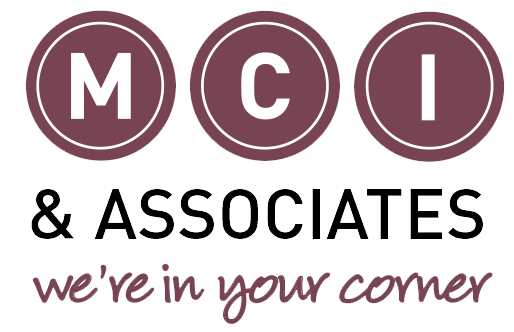Let’s Talk … The Five C’s of Credit
If you’re considering applying for finance (for a house, farm, business or major asset) the lender will take into account the five c’s before they decide whether or not to lend to you. Each lender will place different emphasis on each of the five c’s when assessing your application. However, most lenders will rank the c’s in the following order:
Character – This is the major factor in lending. Do you have a good credit history? Do you appear to the lender to be responsible, honest and hardworking? The question a lender will likely ask themselves is, “Do I feel safe in lending my money to you?”
Capacity – Will the borrower be able to repay the loan? Does the individual or business have sufficient cash surplus to meet loan interest and principal repayments? If the borrowing is for business purposes, does the business generate sufficient cash to cover taxation, owner drawings, loan repayments and capital purchases?
Collateral – These are assets pledged by the borrower, to the lender, as security for the loan. If the loan is not repaid, the lender is able to take ownership of the assets pledged and sell them to recover the outstanding loan amount. Financiers will usually lend up to a set percentage of the value of the asset to ensure that they recover as much of the loan as possible. This ranges from as low as 30% of the value of plant and machinery, 50% of livestock, and up to 80% of land and buildings. The lender will, however, take security over the total asset to ensure that they have the highest chance of recovering their money in the event of payment default.
Capital – This is the borrower’s share of ownership of the asset – also known as “skin in the game”. Lenders are more likely to lend to a business that has more skin in the game, as the borrower has more to lose if the business fails and the asset is sold to satisfy the repayment of the loan. For example, with a $100,000 asset - if the owner has borrowed $80,000 and the asset is taken over by the bank, the owner will lose $20,000. If, however, the owner has only borrowed $50,000 on the same asset, they stand to lose $50,000 if the loan is defaulted on.
Conditions – What other factors will influence the ability of the borrower to repay the loan? For a wage or salary earner, whether they have permanent employment will likely be considered. For a business, whether the current market for the goods or services they produce is growing or shrinking will be taken into account. For a farmer, such considerations may be made – if they are located in an area affected by drought; if the market for farm produce is strong; and if their input costs are increasing or decreasing.
Each of these factors will influence the ability of a person or business to borrow, the willingness of lenders to lend, and at what interest rate.
If you have queries around credit and lending, MCI are always in your corner willing to help. Contact us today for local, professional advice.




